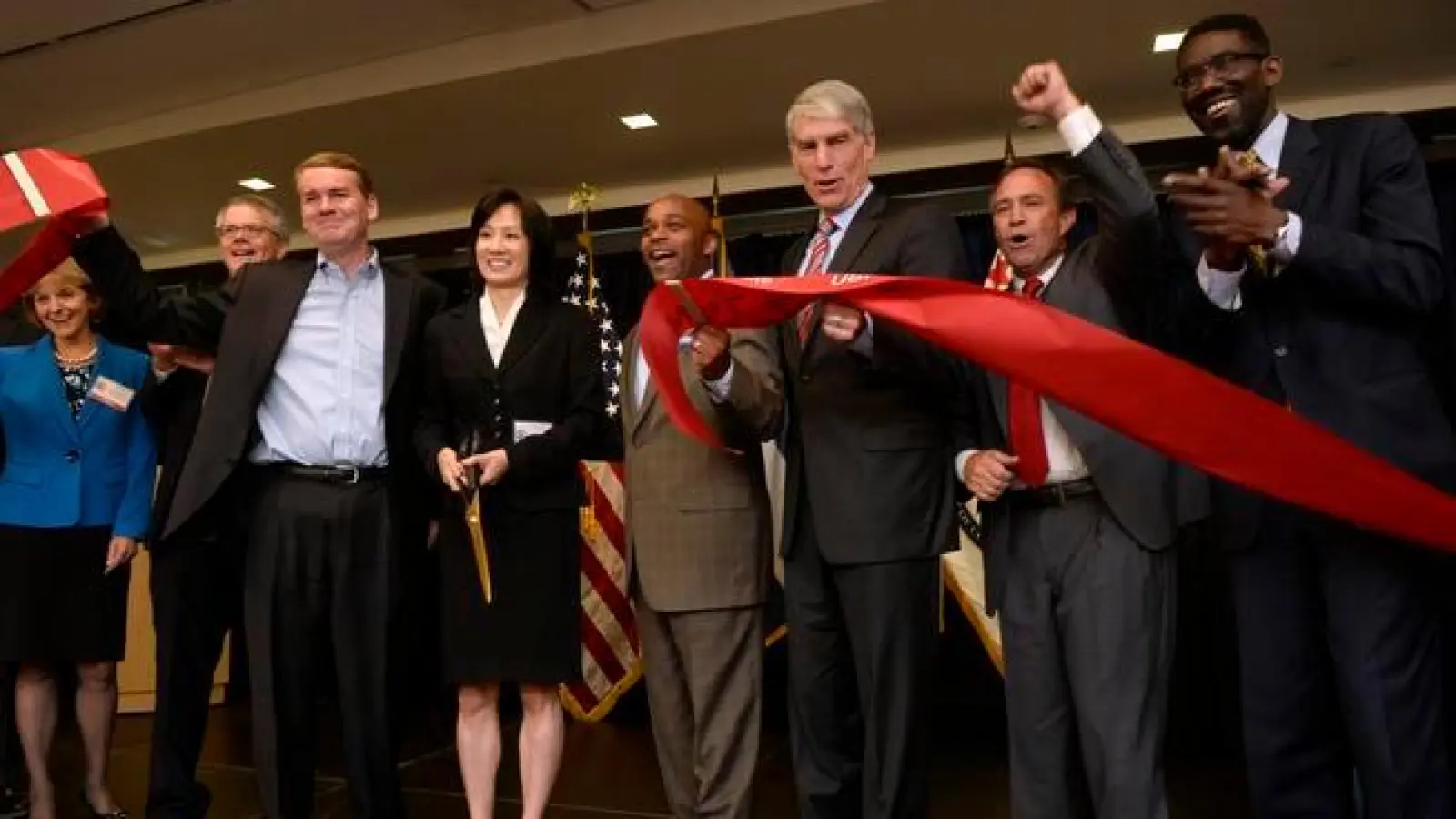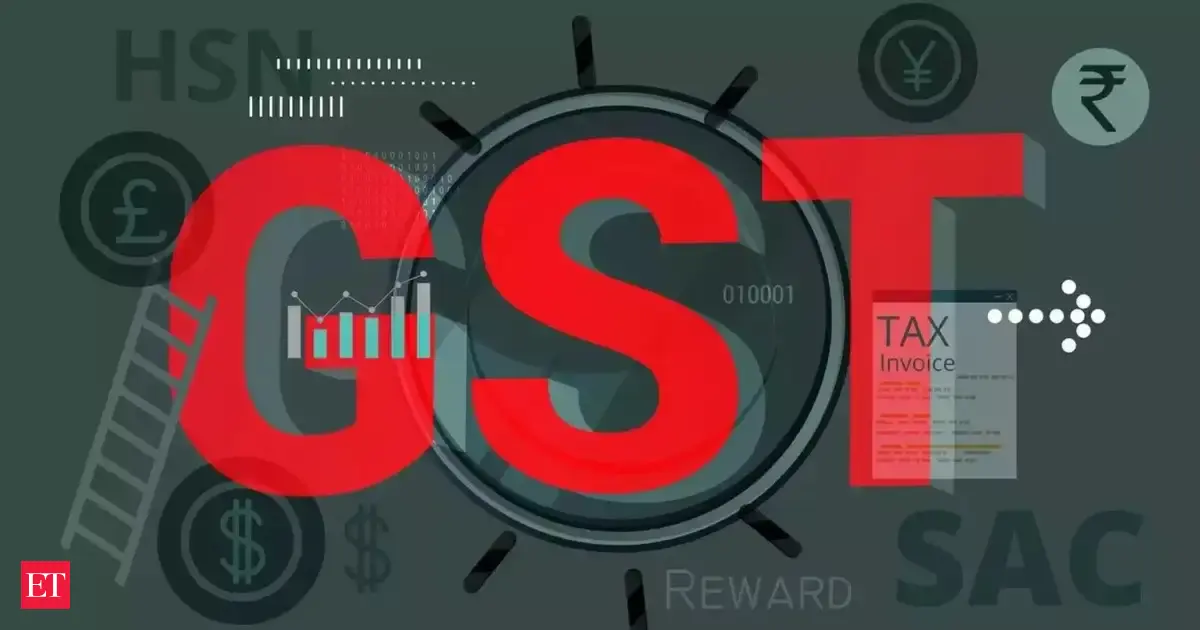By Aldo Svaldi
Copyright denverpost

On the same day the federal government shut down, the U.S. Patent and Trademark Office announced that it would permanently close its Rocky Mountain Regional Outreach Office in Denver.
“It is a loss to innovators in the Rocky Mountain region who really shouldn’t have to buy plane tickets to Virginia to have a seat at the table,” said Justin Krieger, a managing partner with the Denver office of the law firm Kilpatrick Townsend & Stockton. “I hold out hope they will reconsider it after people have spoken up.”
In December, the USPTO told Congress that an increasing reliance on remote work arrangements reduced the need for physical office space. It also stated that its virtual educational and outreach events had grown in popularity, reducing the need for in-person contact.
The Rocky Mountain Office was down to fewer than 10 workers, which made it increasingly hard to justify the $1 million plus a year it cost to lease space and pay for overhead, the USPTO said.
“The closure of this office is consistent with that assessment,” the USPTO said in its announcement, which appears to have been planned before the federal government shutdown.
Krieger said the USPTO relied heavily on remote work arrangements long before the pandemic. And the Denver office provided far more benefits to the regional economy than whatever it cost to keep it open. Regardless, the USPTO is self-supporting, meaning that it relies on fees and not taxpayer funding.
Eliminating it will add additional costs to individuals trying to bootstrap innovative concepts. The pro-bono help provided to aspiring entrepreneurs was invaluable, Krieger said. Another benefit of the office was a new courtroom it housed that allowed existing patents to be challenged more efficiently and quickly.
Krieger, who is also an adjunct law professor at the University of Denver, would take his students at the end of the semester to meet the judges and examiners and argue mock cases before the court. Now, the patent examiners and administrative law judges are scrambling to plot new career courses given their uncertainty of what comes next, Krieger said.
The passage of the Leahy-Smith America Invents Act (AIA) in 2011 opened the way for new satellite patent offices to better connect innovators and patent filers with the USPTO and speed up examination times. Satellite offices were also seen as a way to recruit and retain talent by giving them options outside the Beltway.
Denver was among five cities selected in 2012 for satellite offices and tasked with overseeing patent applications and cases in Colorado, Idaho, Kansas, Montana, Nebraska, North Dakota, South Dakota, Utah and Wyoming.
Detroit, Dallas, San Jose and Alexandria, Va., already the headquarters, were also awarded satellite offices. No closures have been announced beyond Denver.
Landing a satellite location was considered a big win that confirmed the city’s reputation as an innovation hub. The Denver office opened in 2014 in the Byron G. Rogers Federal Building at 1961 Stout St.
“Over time, the purpose of the offices has shifted to an outreach function and the offices were rebranded as ‘regional outreach offices’ and the office leaders as ‘regional outreach directors,’” the USPTO said in its announcement.
Jonathan Greechan, CEO of the global startup accelerator the Founder Institute, said the closure is not correlated to a lessening of entrepreneurial fervor in the region, which remains strong.
He suspects more people may have been filing online or through law firms that were not using the local office. And the USPTO’s Rocky Mountain office, even though self-funded, may have gotten caught up in larger political crosscurrents.
“These federal services are being downsized everywhere – but if Colorado is being targeted for any reason, it’s not due to a lack of innovation, but rather due to a philosophical difference between our state government and federal government,” he said in an email.
Get more business news by signing up for our Economy Now newsletter.



